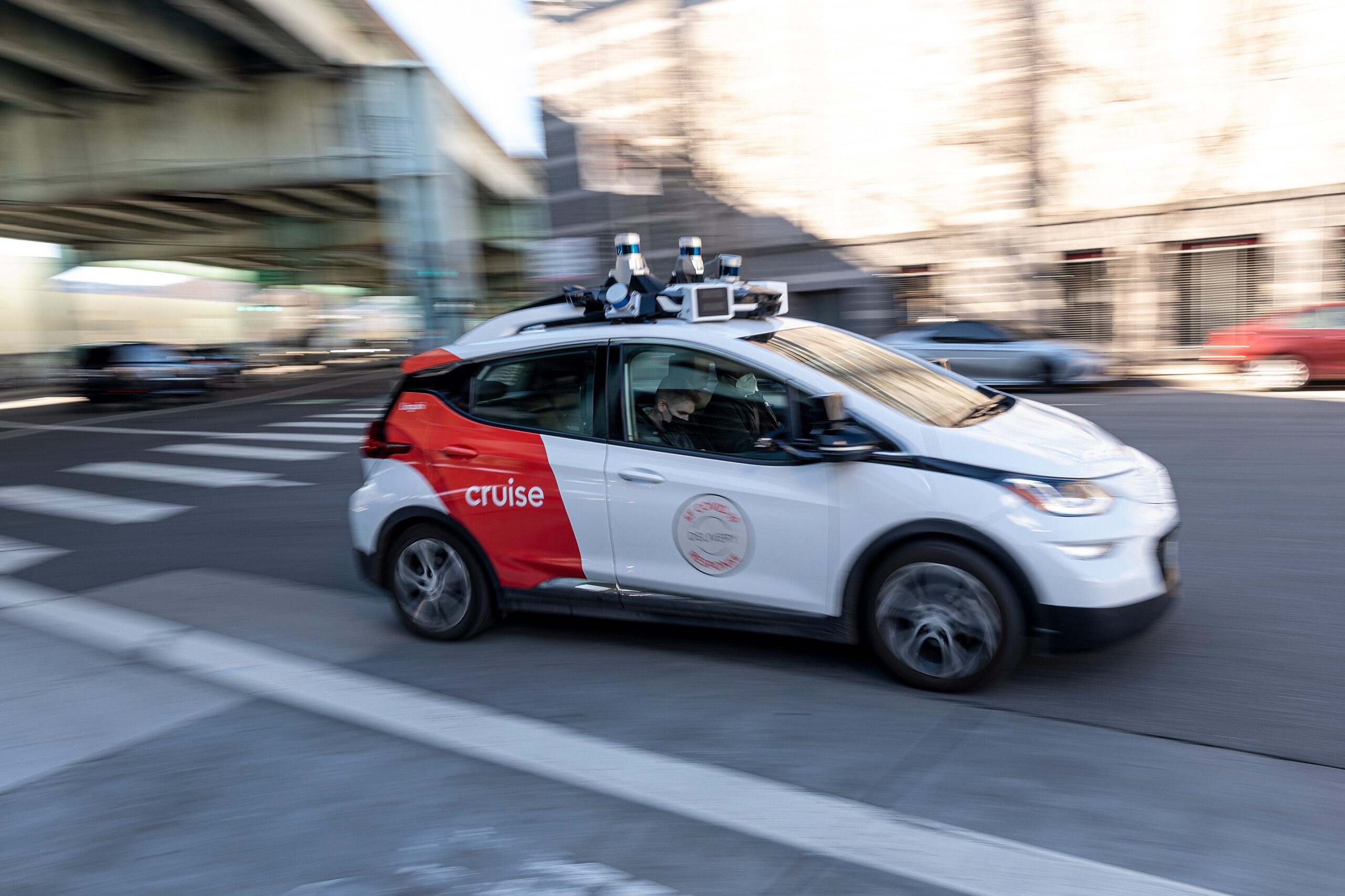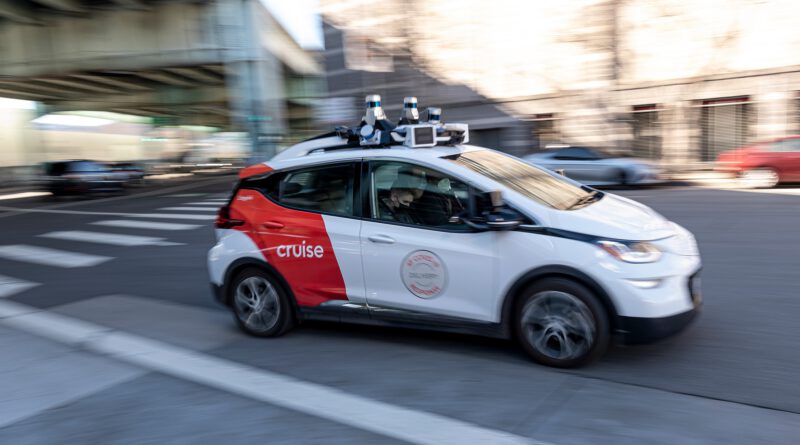California DMV asks for fewer self-driving cars on the road

A self-driving car and a fire truck crashed in San Francisco Thursday night. Now, the California Department of Motor Vehicles wants the tech company to decrease the number of self-driving cars on the road.
On August 17, according to a statement emailed to Mashable from Cruise, a subsidiary of GM, a self-driving car with one person in the vehicle “entered the intersection on a green light and was struck by an emergency vehicle that appeared to be en route to an emergency scene.” The person in the self-driving car was treated on scene and transported via ambulance “for what we believe are non-severe injuries.”
“Our primary concern is the rider and their welfare, and we have reached out to offer support,” Cruise said in a statement. “We are also deeply mindful of the well-being of the first responders and any individuals affected by this incident. We are investigating to better understand our AVs performance, and will be in touch with the City of San Francisco about the event.”
The California DMV asked Cruise to reduce its robotaxi fleet (a real thing, I’m told) by 50 percent while the state agency investigates “recent concerning incidents,” including the Thursday crash with the fire truck. In a statement email to Mashable, the agency said it is requesting Cruise does not increase the fleet until it “takes appropriate corrective actions to improve road safety.” Cruse agreed to the reduction and will have “no more than 50 driverless vehicles in operation during the day and 150 driverless vehicles in operation at night,” the California DMV statement read.
“Safety of the traveling public is the California DMV’s top priority,” a California DMV representative said in the statement. “The primary focus of the DMV’s regulations is the safe operation of autonomous vehicles and safety of the public who share the road with these vehicles.”
Following the investigation, the California DMV can suspect or fully revoke Cruise’s deployment permits if the investigation proves the self-driving cars are “an unreasonable risk to public safety.”
In its statement emailed to Mashable regarding the DMVs decision, a Cruise spokesperson pointed out that over 100 people die every day on American roadways, which feels like a pretty rough way to start this whole thing out. “We believe it’s clear that Cruise positively impacts overall road safety, and look forward to working with the CA DMV to make any improvements and provide any data they need to reinforce the safety and efficiency of our fleet,” the spokesperson said.
“We will continue to work in partnership with regulators and city departments on EMV interactions to reduce the likelihood of incidents like these happening again,” Cruise said in a public blog post.
